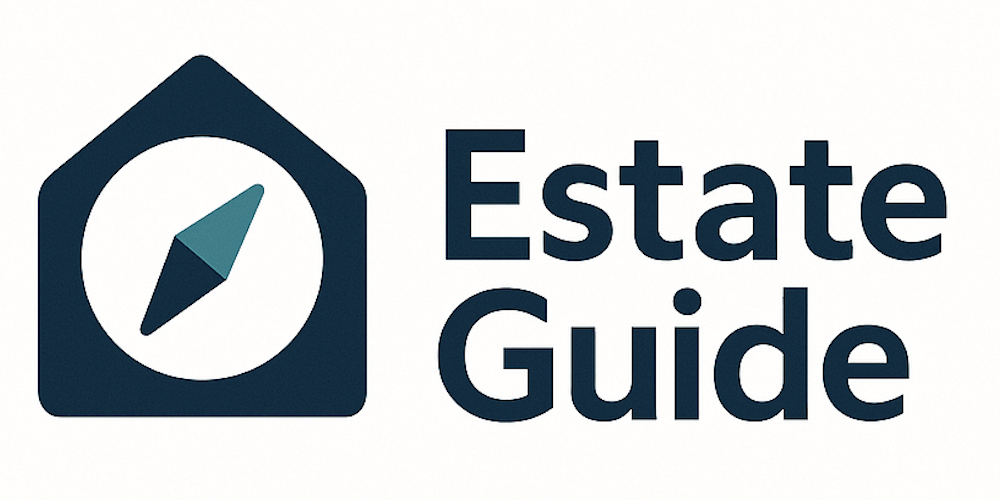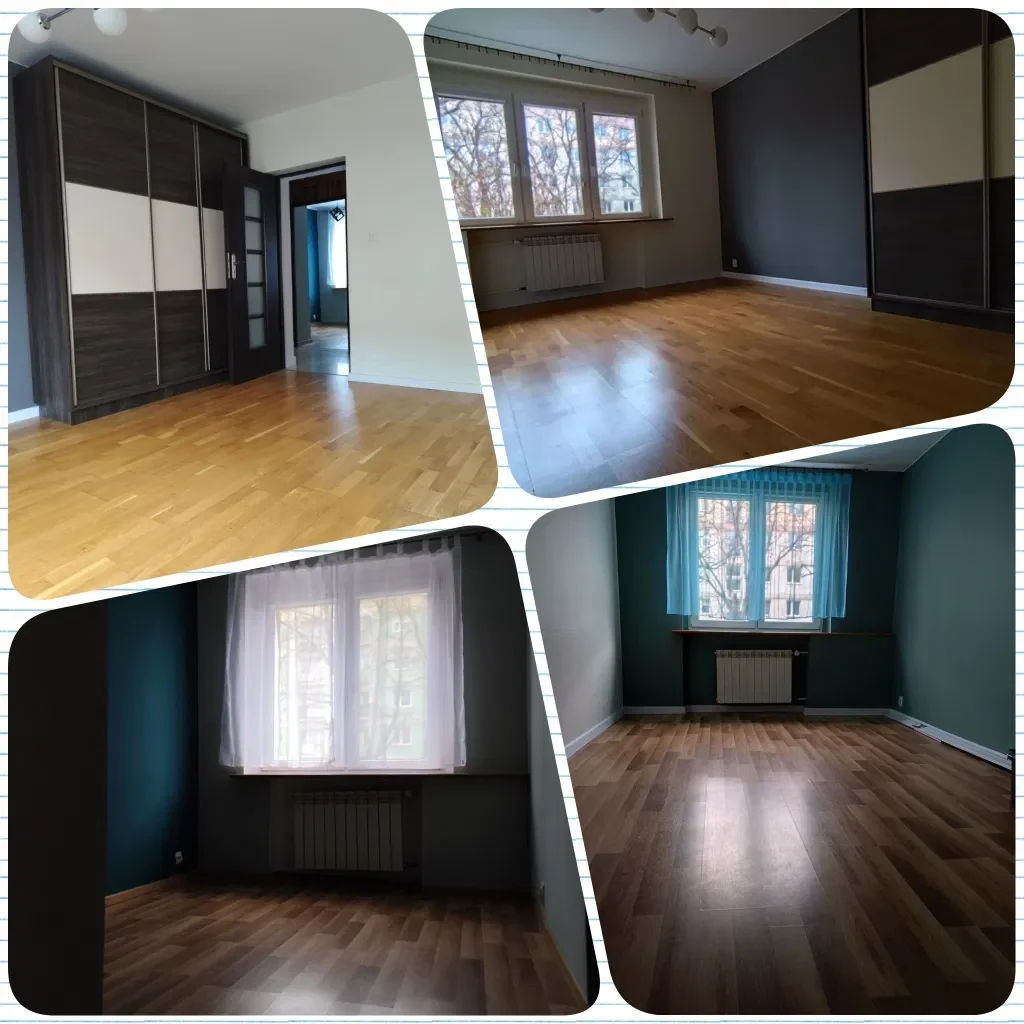Двухкомнатная квартира 43м² + балкон, прямо от застройщика
zł 650.059
- Двухкомнатная квартира номер B.4.4 на 4-м этаже в здании B на жилом комплексе Linea от застройщика Allcon
- Парк в долине (7 минут пешком)
- Трамвайная остановка (3 минуты пешком)
- Biedronka (9 минут пешком)
- Galeria Morena, кинотеатр Cinema1 (в 5 минутах на автомобиле)
- Выезд на Трицентрический обход (в 5 минутах на автомобиле)
Linea — знакомство с инвестицией
Квартиры с планируемым сроком завершения строительства этого года.
Преимущества жилого комплекса:
- Отличное расположение, непосредственно у проспекта Адамовича, с удобным доступом к общественному транспорту (100 м до трамвая), обеспечивающим быстрые соединения с всей агломерацией,
- услуги на территории комплекса (магазины, кафе, рестораны),
- богатая инфраструктура: большой детский парк (завершение в этом году) и более 7000 м² зон отдыха в "Долине Потоку" (завершение в этом году) — идеальное место для прогулок с собакой или пикников,
- мини-архитектура, встроенная в пространство комплекса, множество лавочек и площадей с велопарковками, стимулирующих активное времяпрепровождение на свежем воздухе,
- близость к школам и детским садам,
Инвестиционный проект Linea состоит из шести зданий с 4- и 5-комнатными квартирами, планируется 54 квартиры. В предложении есть 1-, 2-, 3-, 4- и 5-комнатные квартиры площадью от 40 до 101 м². На цокольных этажах запланированы саду, а на верхних — застекленные балконы.
Зона застройки включает в себя паркинги в гараже, открытые парковочные места и парковки для гостей. Жильцы также смогут пользоваться коммерческими помещениями. Одним из привлекательных элементов комплекса станет Долинка Потоку, зона отдыха площадью 7000 м², которая будет разделена на две части. Первая — большая игровая площадка, а вторая — зоны для отдыха и активного проведения времени.
На входных зонах зданий запланированы мини-дворы с лавочками и велопарковками. Жилой комплекс Linea также включает 27 рядовых домов. Площади домов варьируются от 137 до 185 м², дома имеют односторонние или двусторонние гаражи и собственные сады.
Linea — расположение
Пецыки-Мигово, ул. Кедровского
- 5.8 км до центра города
- 6 минут пешком до автобусной остановки
- 6 минут пешком до трамвайной остановки
- Доступ к центру: 1 минута на автомобиле
- Автобусная остановка (387 м, 6 минут пешком)
- Трамвайная остановка (375 м, 6 минут пешком)
- Детский сад (425 м, 7 минут пешком)
- Ресторан (517 м, 8 минут пешком)
- Кафе (519 м, 8 минут пешком)
- Начальная школа (732 м, 11 минут пешком)
- Пекарня (728 м, 11 минут пешком)
- Аптека (728 м, 11 минут пешком)
- Магазин: Biedronka (870 м, 12 минут пешком)
- Ветеринар (918 м, 13 минут пешком)
Технические характеристики:
- Площадь: 43,08 м²
- Спальни: 2
- Этаж: 4
- Год сдачи: 2025
Продавец: Офис продаж
Источник данных: https://www.otodom.pl/pl/oferta/2-pokojowe-mieszkanie-43m2-balkon-bezposrednio-ID4ulwx
}``` }#end of response}ach. 1245-m2 be dergelijke sociale properties. The workshops are part of this strategy. The plan is to develop a formal plan, including a dedicated social property framework and associated regulatory requirements, to promote mixed and inclusive mixed-use zones, and to improve the quality of city development, city living, and social inclusivity at the neighborhood level. This is part of the entire city’s social management policy and investment construction programme, which provides social cohesion, social capital and neighborhood social infrastructure as prevention, and aims to maintain a good city environment. City government’s technical development and sustainable development and urban spatial planning have identified a specific social property policy as part of the master plan to facilitate social equity and inclusivity, including a social housing (SH) policy. The City Plan is summarized in the draft City Development Strategy, which states its broad objectives and contextual themes, and areas for strategic development, which includes the need for a comprehensive social property policy with specific goals and programs to facilitate social inclusion, social cohesion and social mix, in the context of the development at the local level, generating a vibrant, diverse, sustainable city. The development of a social property plan is a core active policy and priority of the city, to be reported to the City Council. Currently, the need for the development of a social property plan is recognized by the new city administration, which has established a dedicated team, and the main life pace of the city and the development planning process has recently restarted after the relaxation of COVID-19 restrictions. It is to be expected that the social property plan will be initiated by the city planning department in the coming months and will incorporate policies and programs to promote social cohesion, inclusion and housing equality as part of its core investment and development planning activities. There is a high probability that a new social property policy will also be integrated into the Urban Management Plan, which is under development by the City. The social property strategy is connected to the city’s urban management and planning policies, and the city’s social and urban development policy and practice, focused on the social wellbeing and quality of city living. The strategy also emphasizes the importance of incorporating social property into the city’s development plans through a formal social property framework, to ensure that the built environment promotes social inclusion, cohesion and diversity, and aligns with the overall sustainability goals. Therefore, the city is committed to developing a comprehensive social property policy, which will be integrated into its overall urban development strategy and plans. This policy will focus on creating inclusive, sustainable, socially equitable neighborhoods and communities, ensuring that social infrastructure and social housing are part of the city’s growth and development pursuits. This is essential for fostering social cohesion, reducing inequality, and promoting a high quality of urban life. The development of a social property plan is a key element of this strategy, aimed at ensuring equitable access to social housing and social infrastructure, supporting social inclusion, and fostering sustainable urban growth. The city’s social property policy will also encompass affordable social housing options, programs for social integration, and initiatives to support vulnerable groups. The plan will be developed with stakeholder engagement, including community organizations, social workers, and residents, ensuring that diverse perspectives are incorporated into the policy and its implementation. Ultimately, the goal is to create inclusive, resilient communities where all residents have access to quality social infrastructure and social housing, contributing to the city’s sustainable development and social cohesion. The social property strategy aligns with broader urban development goals and aligns with the city’s long-term vision for a vibrant, inclusive, and sustainable urban environment. Key pillars of the strategy include fostering social equity, promoting inclusive growth, and ensuring equitable access to social infrastructure and housing. The plan will serve as a roadmap for integrating social considerations into urban planning and development processes, fostering a socially inclusive cityscape that benefits all residents and neighborhoods. By implementing comprehensive, inclusive social property policies, the city aims to improve quality of life, reduce social disparities, and build resilient communities prepared for future challenges. The development of a social property plan will be a critical step in achieving these objectives, and will require collaboration among government agencies, private sector partners, community organizations, and residents. Its successful implementation will depend on transparent processes, effective communication, and ongoing stakeholder engagement. Ultimately, the goal is to build a sustainable, inclusive, and equitable city where social infrastructure and social housing are fundamental components of urban growth and quality of life enhancement. The strategy will also include monitoring and evaluation measures to track progress and ensure that social property policies effectively meet the needs of diverse communities, fostering social cohesion and urban resilience. It is envisioned that the social property plan will be drafted within the next few months, with subsequent consultations and refinements, leading to the formal adoption and implementation. Ongoing civic engagement and public participation will be essential to its success, ensuring that it reflects the needs and priorities of all city residents. The city’s social property policy will thus be an integral part of its broader urban planning and social policy framework, aiming towards creating a fair, inclusive, and sustainable urban environment. It will serve as a foundational element for future urban development projects and social programs, fostering a city where diversity and social equity are central to its growth and success. In conclusion, developing a social property policy and plan will be vital for ensuring equitable housing and social infrastructure, promoting social cohesion, and supporting sustainable urban development in the city. It will be a key instrument for creating inclusive communities, reducing social inequalities, and fostering a vibrant, resilient city environment for all residents. The ongoing process involves collaboration among various stakeholders, continuous policy review, and adaptation to evolving social needs and urban challenges, securing a liveable, equitable, and inclusive city fabric for the future. This is a complex and extensive project requiring coordinated efforts across multiple facets of urban management, planning, and social policy, with a clear focus on inclusivity, social justice, and sustainable development. The expected outcomes include improved social cohesion, increased social mobility, equitable access to social services, and overall enhancement of quality of life throughout the city. The overarching vision emphasizes a city where social property is aligned with urban sustainability, fostering resilient communities, and promoting inclusive growth that benefits all citizens, especially the vulnerable and marginalized groups. Implementing such a comprehensive social property policy will necessitate ongoing stakeholder engagement, transparent governance, and adaptive planning, ensuring that the city remains responsive to social needs and capable of fostering a supportive, inclusive environment for all its residents. The future development of social property policies must be underpinned by strong legal frameworks, detailed planning documentation, clear definitions, and enforcement mechanisms. Stakeholders such as local authorities, urban developers, social organizations, and residents must collaborate to develop practical, vibrant, and inclusive social housing and infrastructure projects that meet the evolving needs of society while promoting sustainable urban growth and social cohesion. The process must be iterative and adaptable, with continuous review and refinement based on feedback and changing social conditions, to ensure the ongoing effectiveness and relevance of social property initiatives in fostering social equity and vibrant community life. The overarching goal is to create a city ecosystem where everyone has fair access to social housing, social infrastructure, and opportunities for social participation, ensuring that urban development benefits all segments of society, including vulnerable and marginalized groups, and builds a resilient, inclusive city for future generations. Additionally, the social property strategy should incorporate measures for ongoing monitoring, evaluation, and reporting to assess the effectiveness of policies and programs, identify areas for improvement, and ensure transparency and accountability. This continuous process will support the long-term sustainability of social property initiatives and their positive impact on urban social dynamics, cohesion, and resilience. Overall, the development of a comprehensive social property policy and plan is fundamental to fostering social justice, fostering inclusive communities, and achieving sustainable urban development goals. Its successful implementation will depend on transparent governance, effective stakeholder collaboration, and ongoing adaptation to social needs and urban challenges. This is essential to building a future-proof, equitable, and socially inclusive city where everyone can thrive and participate fully in urban life. (Обратите внимание, что этот текст предназначен для внутреннего использования, а не для публикации или официальных документов.)} }}} #end of response}**{- Balcony
The Most Recent Estate
Pomorskie, Gdansk, Piecki-Migowo, ul. Kiedrowskiego
- 2
- 0
- 43 m²


